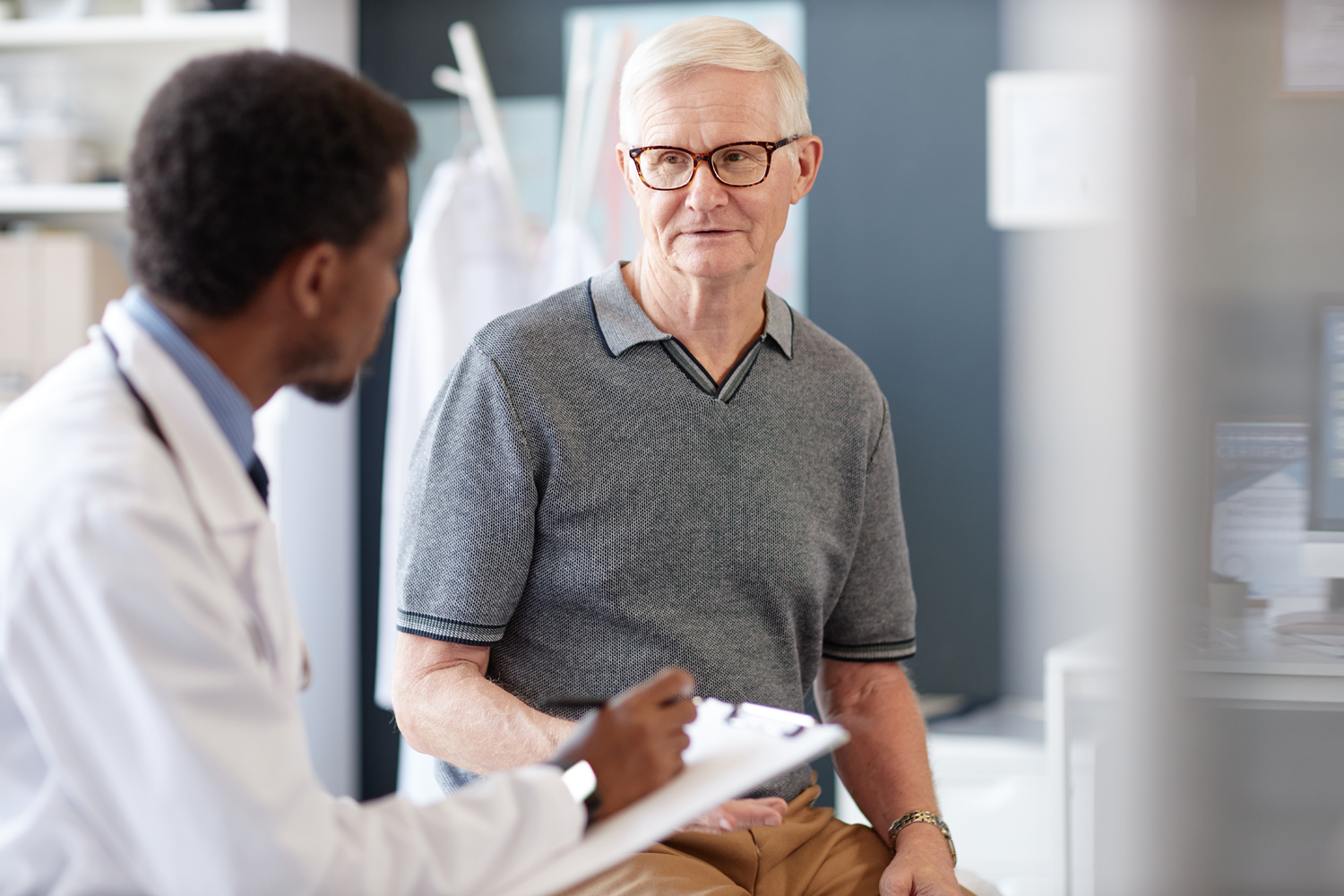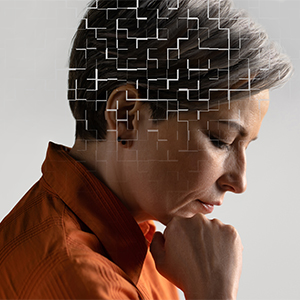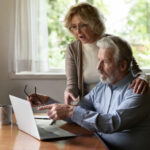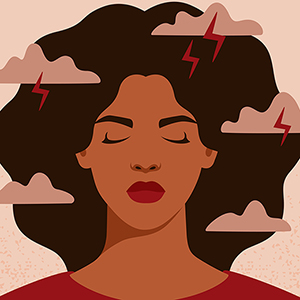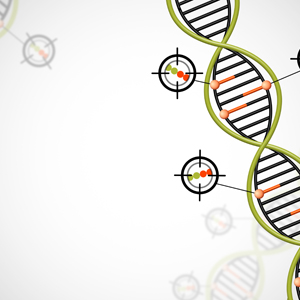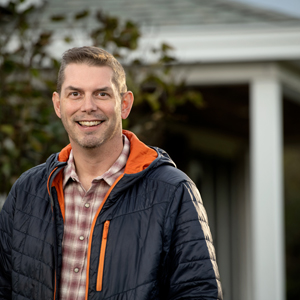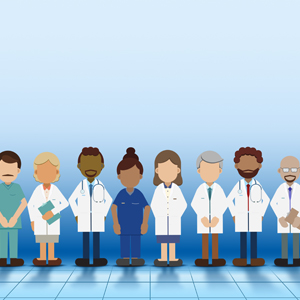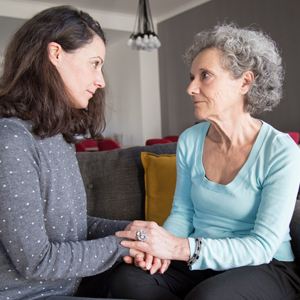-
Coping With Chemo Brain
Many cancer patients have problems with memory or thinking that can linger for years after treatment. The cause is a mystery, but new tactics are helping many people cope with its effects.
by Stephen Ornes
-
Healthy Habits
Walking for ExerciseGetting physically active can start with a simple stroll.
by Ashley P. Taylor
-
Caregiving With Confidence
A Crash Course in CancerCaregivers can act as teachers and liaisons for their loved ones. Here’s how they can quickly get up to speed on cancer.
by K.J. Bannan
-
How COVID-19 Changed Cancer Care
A new report from the American Association for Cancer Research explores how the COVID-19 pandemic affected cancer patients, researchers and care providers.
by Eric Fitzsimmons
-
Acknowledging the Stress of Cancer
A patient advocate session at the San Antonio Breast Cancer Symposium offered practical tips for dealing with cancer.
by Marci A. Landsmann
-
When Cancer Is in the Family
You've inherited a genetic variant linked to cancer risk. Now what?
by Stephen Ornes
-
Survivor Profile
Strength in the PackWhile undergoing treatment for colon cancer, Trevor Maxwell started Man Up to Cancer, a support community for men.
by Jon Kelvey
-
Quality Questions
When you are diagnosed with cancer, how can you be sure you're getting appropriate care?
by K.J. Bannan
-
Your Cancer Guide
The Promise of New Year’s ResolutionsDon't let the uncertainties of the pandemic and cancer dampen the tradition of reaching for something better.
by Hester Hill Schnipper
-
Caregiving With Confidence
What Are the Goals of Care?It's never too early for caregivers to initiate discussions about treatment goals.
by K.J. Bannan
Cancer Talk
At-home Prostate Cancer Test May Help Some Men Avoid Biopsy
The test, which analyzes urine for 18 cancer-specific genes, ruled out the need for biopsy in men with elevated PSA without a digital rectal exam.
by Sandra Gordon
The Power of ComedyIn a new play, the pain of cancer can be a chance to laugh.
by Ashley P. Taylor
Melanoma Risk in Childhood Cancer SurvivorsPeople treated for childhood cancer found to have twice the risk of developing melanoma as an adult.
by Cameron Walker
Online Second OpinionsMore than half of patients who participated in a program offering online second opinions were recommended a change to their treatment plan.
by Eric Fitzsimmons

